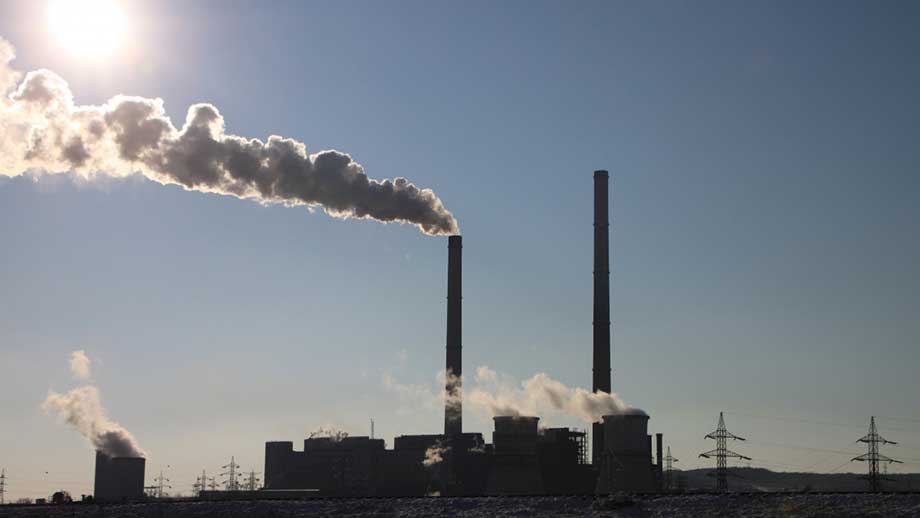Researchers at the universities of Potsdam and Oxford have examined approximately 1,500 climate measures in 41 different countries over two decades. The resulting study shows that political decision-makers and other actors have been more interested in profiling themselves as climate-conscious and signaling green goodness than in doing anything that effectively reduces greenhouse gas emissions – for example, expanding nuclear power to phase out coal-fired power.
Of the 1,500 climate measures studied from 1998 to 2022, only a fraction – 63 in total – can be said to have had any significant effect on CO2 and other so-called greenhouse gas emissions. All measures – meaningful or not – have, however, entailed significant costs or other negative consequences for ordinary citizens as taxpayers and consumers.
READ ALSO: Malmö receives EU millions for climate-friendly buildings made of clay
The researchers have also found that there is a considerable difference in what works in wealthy well-functioning countries compared to dysfunctional developing countries, to the detriment of the latter. An exception mentioned in the study is South Africa’s construction sector, where a combination of regulation, subsidies, and equipment labeling almost halved emissions. However, the specific levels of reduction are not mentioned.
Insignificant reduction in emissions
Overall, the researchers write that the political climate measures that decision-makers have trumpeted in order to surround themselves with a green image have not even together led to more than an insignificant and meaningless reduction in emissions at the margin.
READ ALSO: Professor at Christian college urges childlessness for the climate
“This fundamentally shows that we have to do a better job,” says Nicolas Koch, one of the initiators of the study and head of the policy evaluation laboratory at the Mercator Research Institute in Berlin.
Burning of coal the main culprit
The sectors of the economy that the researchers have focused on are four in number: electricity, transportation, buildings, and industry. The study emphasizes that coal combustion is one of the main culprits. At the same time, green climate policy has generally been anti-nuclear power, despite it being the only energy source that can seriously be used to phase out coal.
READ ALSO: Forbidden to bring meat to climate radical music festival
A common thread in the study is that politicians are happy to focus on polishing the margins of operations that already have low emissions. This is because it is easier.
